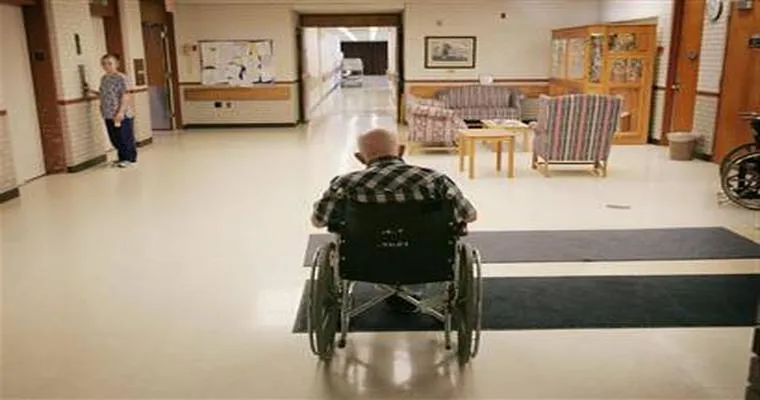Dealing with a loved one, especially a parent, who is refusing "assisted living" care can be incredibly challenging and emotionally draining. If your dad is walking around in "soiled clothes" and is resistant to changing or accepting help, it is important to approach the situation with empathy and understanding. This article aims to provide guidance and strategies to help you navigate this difficult scenario.
Understanding the Resistance to Care
It is not uncommon for older adults to resist the idea of "assisted living" or any form of help. Many factors can contribute to this resistance, including:
"Loss of Independence": Your dad may feel that accepting help signifies a loss of control over his life.
"Fear of Change": The transition to assisted living is significant, and the fear of the unknown can lead to anxiety.
"Mental Health Issues": Conditions such as depression or dementia can affect judgment and decision-making, making it harder for him to recognize his need for help.
Strategies to Encourage Acceptance of Help
1. "Open a Dialogue": Start by having a calm and honest conversation with your dad. Express your concerns without judgment. Use "I" statements, such as "I feel worried about your well-being," to avoid sounding accusatory.
2. "Involve a Trusted Person": Sometimes, hearing concerns from someone he respects, like a friend or another family member, can make a difference. They may be able to communicate your worries in a way that resonates with him.
3. "Focus on Comfort": Emphasize how accepting help can improve his quality of life. Talk about the benefits of assisted living, such as companionship, activities, and proper care, rather than framing it as a loss of independence.
4. "Offer Choices": Giving your dad options can empower him. Instead of insisting on assisted living, you might suggest different types of support, such as in-home care or adult day programs.
5. "Address Immediate Needs": If he is wearing soiled clothes, it might be helpful to approach the situation delicately. Offer to help him change in a way that respects his dignity. You could say, "How about we get you into some clean clothes? I can help you with that."
Seeking Professional Guidance
If your dad continues to refuse help and his condition worsens, it may be time to seek professional advice. Consult with healthcare providers or social workers who specialize in elder care. They can provide resources and may suggest interventions that can help convince him to accept assistance.
Prioritizing Your Well-Being
Caring for a parent who refuses help can take a toll on your mental and emotional health. Ensure you are also taking care of yourself during this process. Consider joining support groups for caregivers, where you can share experiences and gain insights from others in similar situations.
Conclusion
Navigating the complexities of a parent refusing "assisted living" or any form of care is undoubtedly difficult. By approaching the situation with compassion, open communication, and a willingness to explore alternatives, you can help your dad find a path that respects his dignity while ensuring his well-being. Remember, it is important to seek professional help if necessary and prioritize your own health throughout the journey.





